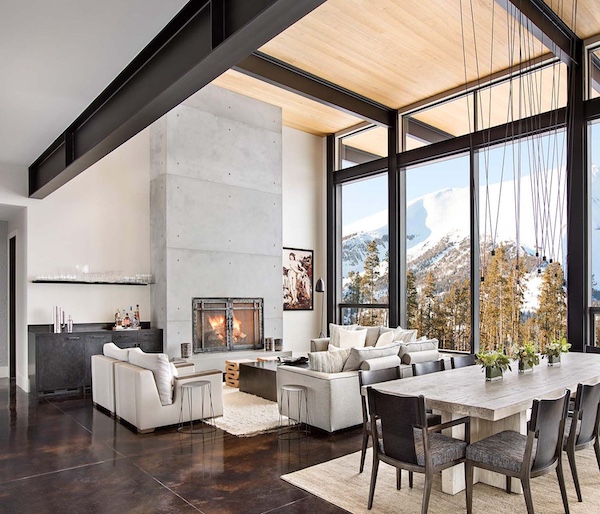Airbnb vacation rental rules and regulations vary from region to region. Therefore, hosts must strive to familiarize themselves with the laws in their county, state, or province to avoid potential legal issues. Complying with the vacation rental industry standards can position your brand for long term growth, resulting in increased profit. Hosts who rent out their properties on a short-term basis cannot afford to ignore the basic laws regarding guest safety and community standards. This guide will discuss the essential tips hosts should know to stay on top of short-term vacation rental rules and regulations.
Ultimate Guide to Vacation Rental Rules: 5 Things Hosts Should Understand
Short-term rentals are vacation rental homes that are rented out for a brief period such as 30 days. Long-term rentals, on the other hand, deal with leases that exceed six months or more. Although Airbnb vacation rentals offer flexibility for both hosts and guests, they come with strict terms and conditions. Understanding the following requirements is vital for running a successful short-term vacation rental business.
-
Zoning Laws
Airbnb zoning laws determine where hosts can operate vacation rental businesses. Running an Airbnb business is strictly illegal in some locations. Therefore, you may want to check with your local zoning laws to ensure that your property is situated in a lawful area.
-
Occupancy Limits and Guest Restrictions
Many Airbnb locations have restrictions regarding how many guests can stay in a property simultaneously. More often than not, these regulations depend on the size of the vacation rental home. They are put in place to avoid overcrowding and enhance safety. A two-bedroom apartment, for instance, shouldn’t contain more than four guests at a time.
-
Safety and Security Guidelines
Prioritizing guest safety and security is of the utmost importance. Fortunately, there are several ways guests can create an inviting and safe atmosphere for occupants. For example, it would be best if you install smoke and carbon monoxide detectors in each bedroom and living room, and inspect them regularly to ensure that they are working. Hosts are advised to use fire extinguishers, first aid kits, and robust locks for doors and windows to boost safety. Conducting routine maintenance checks can also help prevent potential accidents. Improving the efficiency of Airbnb property management is also crucial for boosting income. That’s why property managers should want to consider utilizing the best vacation rental software to streamline their operations.
-
Health and Hygiene Standards
Apart from complying with safety regulations, hosts should try to create a neat and hygienic environment for guests. A few ways to maintain a healthy vacation rental space is to thoroughly clean the space and provide sanitizers or hand-washing supplies. Provide adequate trash and recycling bins and be sure to empty them regularly to prevent pest or bacteria infestation. Ensuring good air quality through proper ventilation can also benefit guest health and comfort.
-
Tax Laws
Short-term rental property owners in the United States are required to pay taxes on their Airbnb earnings including property taxes. When looking for a business license, you may find it helpful researching transient occupancy tax (TOT) or land use permit on your city’s website. Airbnb normally collects local taxes on behalf of guests. The 14-day rule may qualify you for tax exemption if you don’t rent your vacation rental home for over 14 days during the year.
Complying with the above rules and regulations is not only crucial for business success, but it also improves your reputation as a host.

